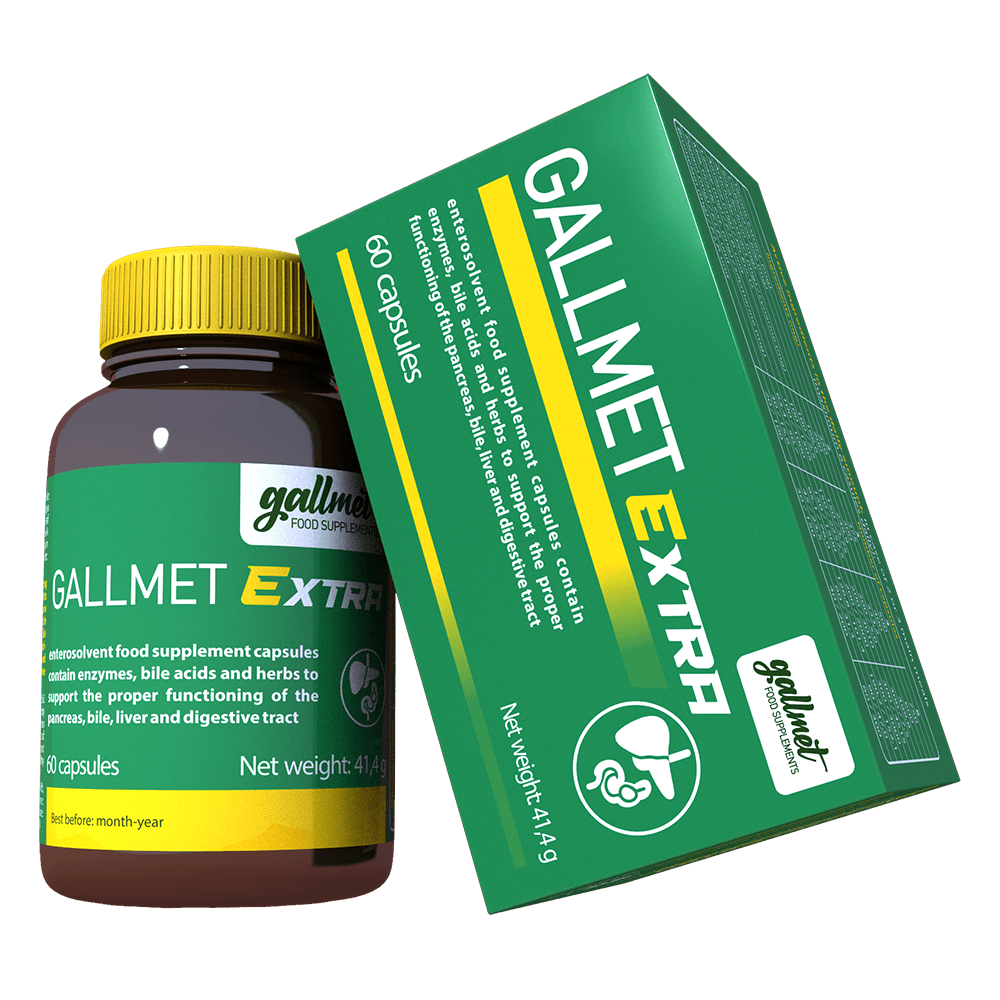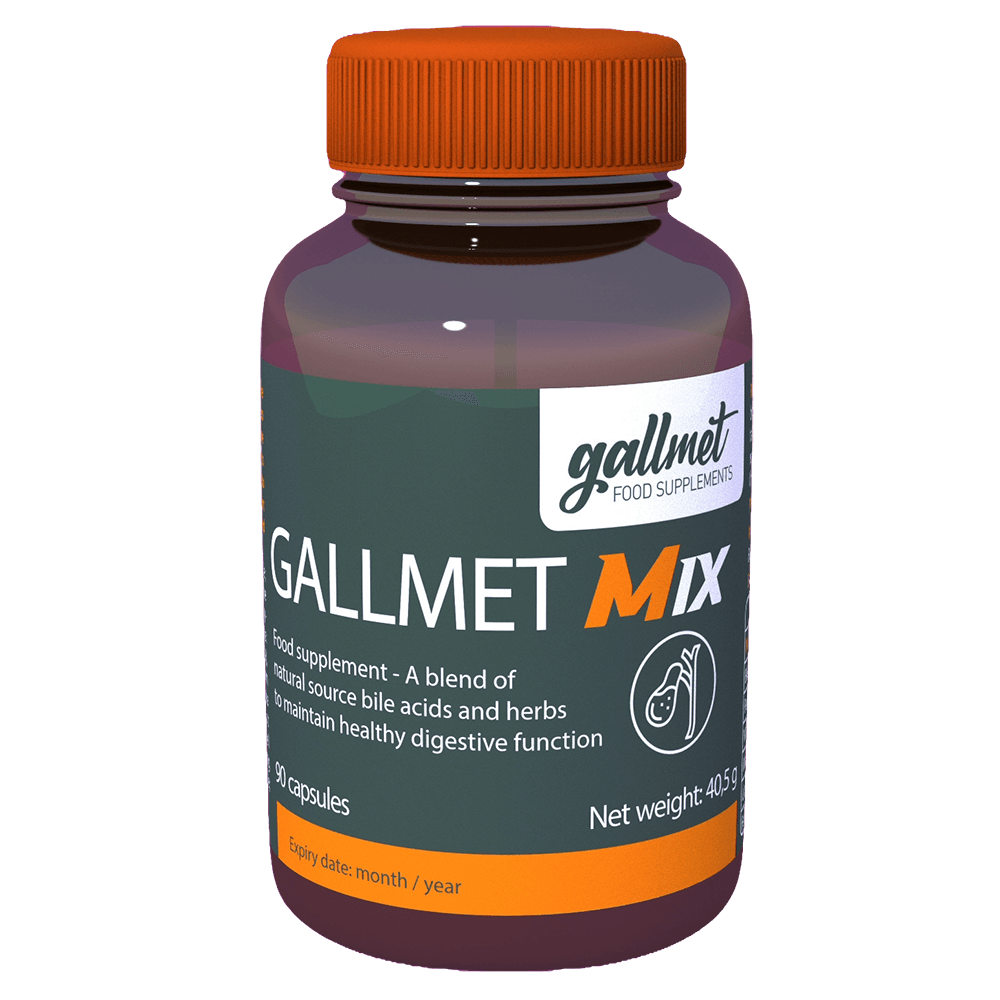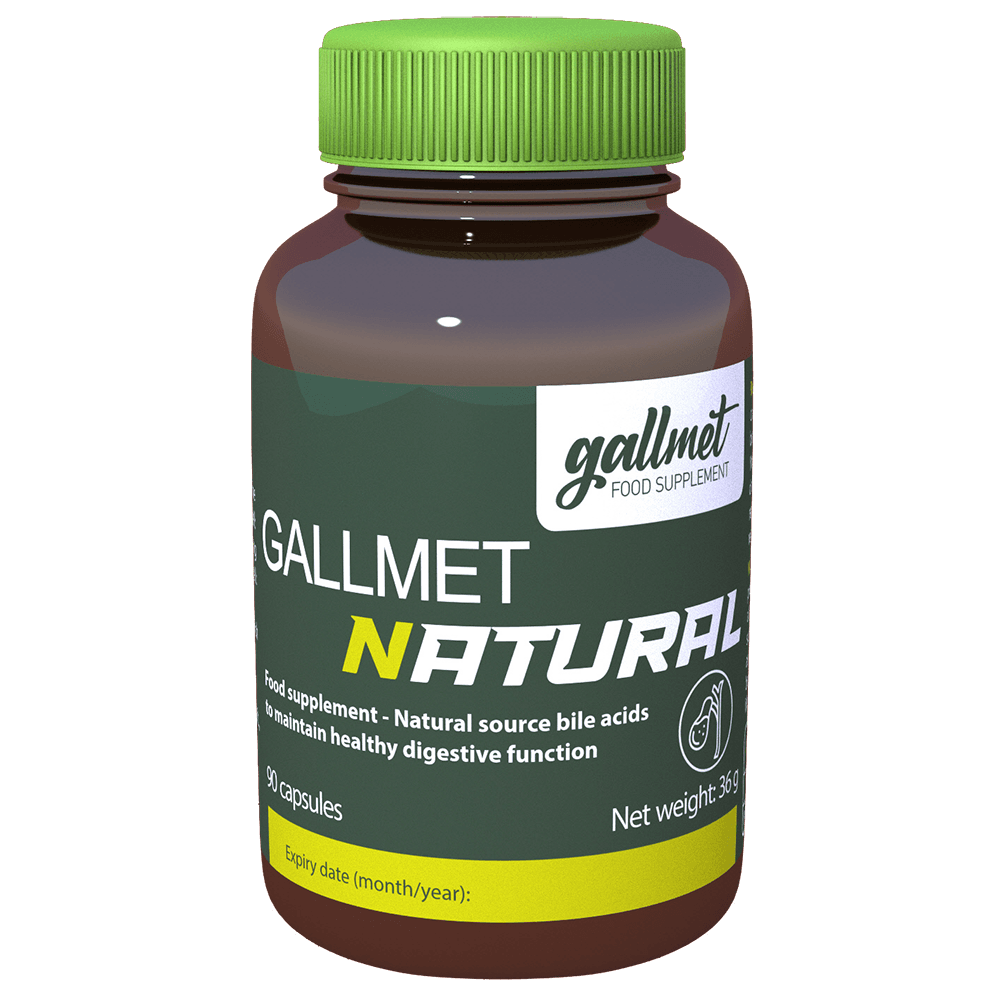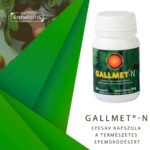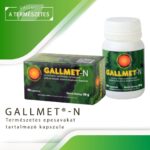The disposable organ we cannot live without - the gallbladder
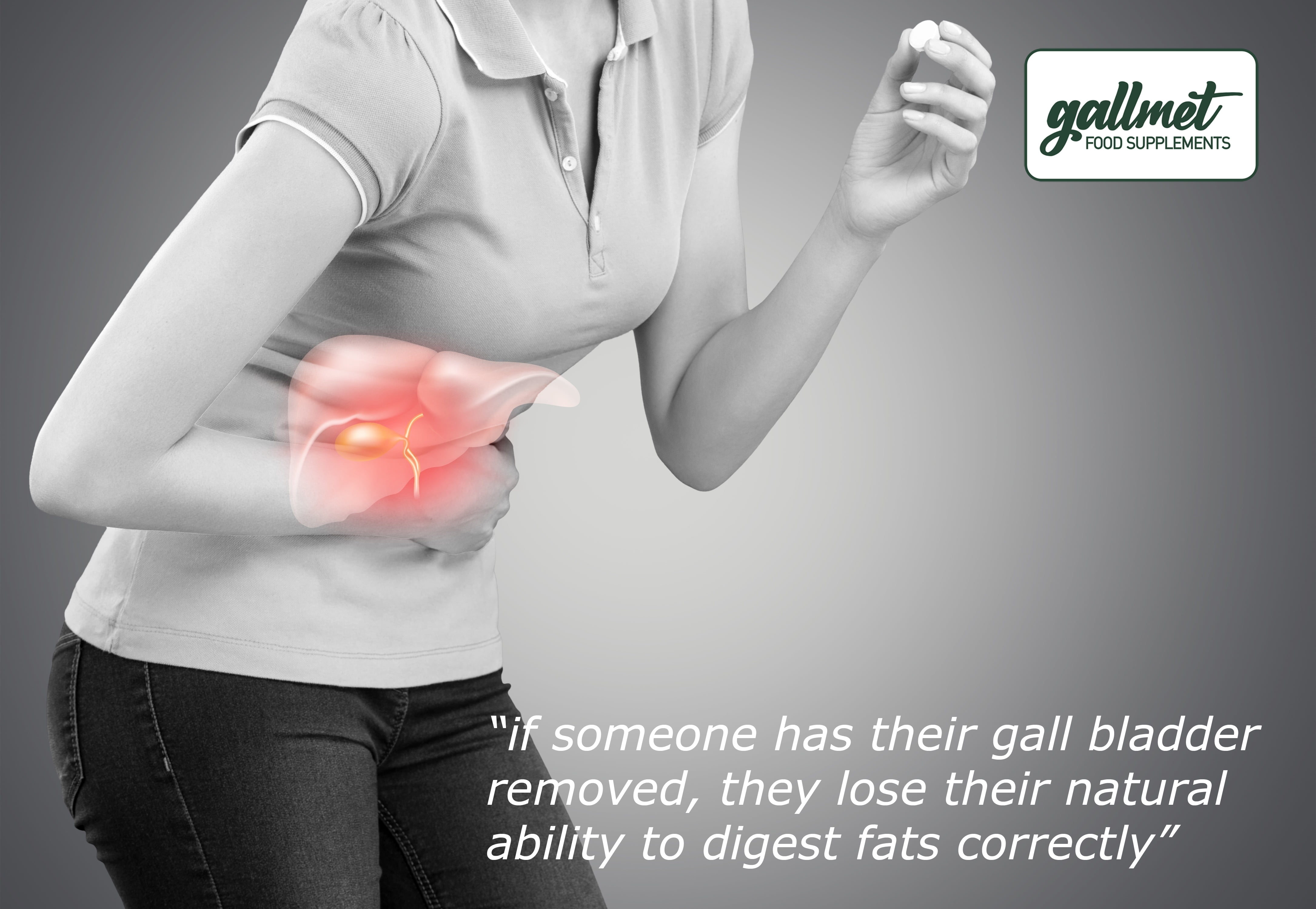
Contrary to what we have heard, we do need our gall bladder. The best diet in the world won't help us if our body can't process food properly. If the body can't process fats, we simply don't have access to the immune system boosting, cell-membrane-protecting, fuel-providing benefits that fats can provide.
Problems caused by gallbladder dysfunction are usually ignored by specialists, who see this despised organ as disposable.
In reality, however, the gallbladder has many important functions. Is yours working as it should?
Is the gallbladder our most attractive organ?
The gallbladder is located directly under the liver and its job is to store, concentrate and release bile when needed. Without the release of bile, the body is unable to absorb fat-soluble nutrients, vitamins A, D, E and K and important, essential fatty acids.
Without bile, we would lose the beneficial effects of the nutrients that are soluble in fats. Vitamins A and E increase estrogen levels and help keep the mucous membranes moist. Omega-3, omega-6 and omega-9 fats help to keep vaginal tissues healthy, ensuring that the body produces the hormones needed to prevent vaginal dryness.
The problem is that the gallbladder often functions poorly, clogged with sludge and gallstones. When bile stagnates in an underactive gallbladder, it swells and gallstones form. Decades of eating preserved foods, low-fat or fat-free diets, combined with toxic substances, have created a regular gallstone epidemic.
The gallbladder is literally a use-it-or-lose-it organ. Cholecystectomy (surgical removal of the gallbladder) is the most common abdominal surgery in America today, for example, with more than 750.000 operations performed every year.
When someone has their gall bladder removed, they lose their natural ability to digest fats properly and also to remove toxic hormones and waste products that have built up in their body. Without the gallbladder, bile from the liver is constantly leaking directly into the duodenum - whether or not fat has been consumed.
The problem arises when a large amount of bile is needed to process a fatty food. Without the gall bladder, there is no bile reserve and this has a detrimental effect on fat digestion and nutrient absorption.
Even for those who still have their gallbladder, bile deficiency can cause serious problems due to aging, decreasing stomach acid, and improper processing of fat-burning foods. Food allergies and sensitivities, stress, and overeating can further exacerbate the disorder.
Bile is great and beautiful
Bile is an emulsifier - a kind of soap for fats. It breaks them down into small particles so they can be absorbed in the intestines. Our liver synthesises and secretes this thick greenish-yellowish liquid daily and sends it to the gallbladder for storage.
This miracle molecule is not only able to absorb and process fats, but also absorbs and removes toxic waste products like a sponge.
The liver is constantly using cholesterol to produce bile, which in turn regulates cholesterol levels - this is another beneficial effect.
If the gallbladder is removed, there is a higher risk of obesity and other eating disorders and toxin build-up. The ability to destroy toxins depends largely on the amount of bile secreted by the body.
Without the gallbladder, the risk of weight gain is significantly increased because fat droplets that are too large cannot be broken down into small pieces, so they enter the bloodstream and the body can only store them as fat - along with fat-soluble toxins.
Bile duct obstruction is associated with a number of seemingly unrelated symptoms (e.g. hormone imbalance, hypothyroidism, hot flashes, constipation, depression, migraine, insomnia, dry skin, chronic fatigue, yeast overgrowth, parasites, etc.).
Finnish researchers have found that hypothyroidism is seven times more common in patients with reduced bile secretion. Those who improve their bile function can improve their metabolism with 53%.
The poorer the quality of bile, the more toxins enter the body and the more nutritionally vulnerable the body is. Ultimately, fat stores increase and toxins accumulate in body fat - with serious consequences.
When the biliary insufficiency exceeds 75%, the patient suffers from various allergies, arthritis, arthritis, joint and muscle inflammation. When the deficiency reaches 90 percent, cancer or other equally devastating diseases may be diagnosed.
At the beginning of the 20th century, health campaigners held bile sacred and inviolable - it's time to return to their way of thinking.
If your digestion of fat is poor and you have symptoms such as nausea, bloating, constipation or pale stools, or if you have had your gall bladder removed - it is advisable to increase your intake of bile-producing foods and supplements. Don't despair if you have already lost your gallbladder - you can live healthily without it, but you cannot live healthily without healthy bile production.
Source: Ann Louise Gittleman, Biography: https://annlouise.com/
Hungarian source: Facts and fallacies, Translated by: Judit Váradi
Gallmet bile acid capsules contain similar amounts of bile acids, but GALLMET-Mix also contains herbal extracts that support digestion, while GALLMET-Extra contains digestive enzymes and herbal extracts that also support digestion.
GALLMET products are available in ALL Hungarian pharmacies and herbal shops or can be ordered!
Read more about how bile acids help people's health:

Bile and digestion
The crucial role of gallbladder and bile acids in digestion

After gallbladder surgery
What can you do if you have problems after gall bladder surgery?

Intestinal diseases
IBS, ulcerative colitis and Crohn's disease in relation to bile

Bile stone dissolution
How can gallstones be treated with bile acids?

High cholesterol
How does proper bile function rid the body of excess cholesterol?

Stress
The link between stress-induced digestive problems and bile acids.

Immune system support
The beneficial effects of bile acids on the immune system
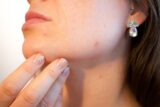
Psoriasis
Beneficial effects of bile acids on psoriasis
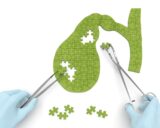
Get rid of gallstones
Gallstone removal, gallbladder surgery, types of gallbladder surgery
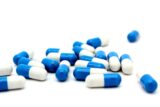
Vitamins and bile
Utilisation of fat-soluble vitamins and the relationship with bile
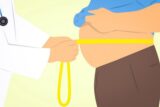
Weight reduction
How can proper bile function contribute to weight loss?

Bile acids and the immune system
The antiseptic effect of bile acids

For infections
What can be done to relieve various infections?
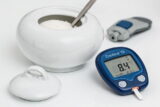
The relationship between diabetes and bile function
How do bile acids affect diabetes?
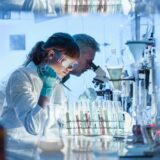
Role of bile acids
Physiological effects of bile acids

Bile stone crushing (ESWL)
How can gallstones be cured?

Bile cycle: overview and presentation
The role of bile acids in our quality of life

